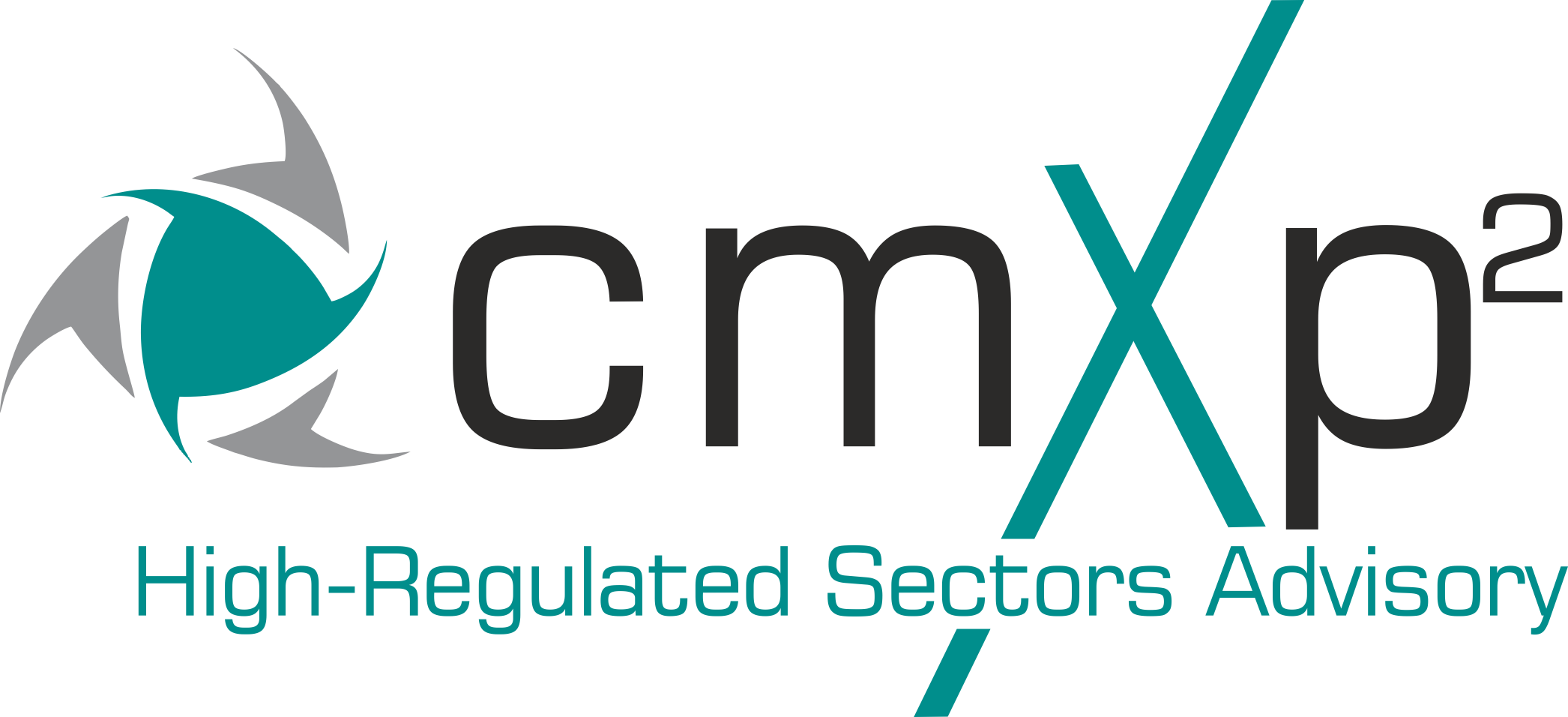The dietary supplement market is experiencing significant growth as health-conscious consumers strive to enhance both physical and mental well-being. This trend is further driven by an aging population that emphasizes health maintenance over disease prevention, coupled with the rise of e-commerce and direct marketing, which make supplements more accessible and affordable.
In 2023, the global dietary supplement market was valued at $195.9 billion. It is projected to reach $203.6 billion in 2024 and surge to $364.65 billion by 2032, with a compound annual growth rate (CAGR) of 7.56% from 2024 to 2032. The Asia-Pacific region, valued at $149.4 billion in 2022, is anticipated to grow at a CAGR of 6.1% from 2023 to 2030.
As competition intensifies, companies must differentiate themselves by creating products that deliver tangible, perceptible benefits. Positive user experiences, often reflected in reviews, heavily influence purchasing decisions. Consumers are attracted to products praised for benefits such as increased energy, mental clarity, or reduced bloating. Continuous product use is often linked to perceived effectiveness, making it crucial to develop supplements that consistently meet their promises.
Key Considerations for Dietary Supplement Development
Create Effective and Credible Supplements
To develop credible supplements, start with a clear understanding of the product’s ingredients and the claims you intend to make. Review the following:
a. Benefits and Efficacious Levels of Key Ingredients
Use ingredients with well-established benefits. While many are supported by research, newer ingredients may require further validation. Conduct a thorough literature review to confirm the effectiveness of each ingredient and determine the optimal level needed to achieve the claimed effects. This assessment offers three main advantages:
- Ensures the product is genuinely effective.
- Determines the necessary levels of ingredients for efficacy.
- Provides scientific substantiation for the claimed benefits.
b. Safety Standards in Target Markets
Ensure all ingredients comply with regulations in your target markets, including dosage levels and safety limits set by governing bodies. Avoid banned substances, maintain safety standards, and disclose any potential side effects, as consumers often use supplements daily over extended periods. This assessment will confirm whether the ingredient and its effective level are permissible in your target countries.
c.Claim Feasibility and Regulatory Requirements
Understand the regulations governing product claims in each market:
- Choose claim statements that can be leveraged across multiple markets and identify the ingredient levels needed to support claim-ability in all target markets.
- Explore alternative marketing channels, to publicize ingredient benefit, if certain claims are not permitted on packaging. Note that in some countries, like Singapore, claims related to the treatment or prevention of diseases (e.g., hypertension or cholesterol reduction) are prohibited in all marketing channels. So, if a cholesterol reduction claim is a priority, you may have to reconsider launching your product in Singapore.
- If ingredient benefits can be claimed in alternative communication channels, e.g., brochures, websites, online supermarket sites etc, include relevant scientific references, with links to the scientific review paper or clinical study results, to build credibility with healthcare professionals and consumers.
Addressing these aspects during the ideation stage helps ensure that the final product contains optimal level/s of ingredient/s; delivers true benefit and the benefit/s can be claimed on pack or on alternative channels. And once the base formulation is scientifically validated; and a clear communication strategy is established, the product is well-positioned for development and market launch, standing out as a credible and effective supplement.
The Importance of Credibility
Many dietary supplement manufacturers deviate from the above protocol, often developing products first and then reviewing benefits and regulations. This approach frequently results in products with limited benefits (maybe because optimal levels of key ingredients were not considered) and claim-ability (probably because local market regulations were not considered – the level of beneficial ingredient may be lower than the level recommended by regulators or the key claim may not be permitted on pack or sometimes prohibited in all marketing channels). Given the lengthy and costly development process, manufacturers may be tempted to just go ahead and launch their product, and then use exaggerated or misleading claims to stand out in the crowded supplement market. This can be counterproductive, as it can:
1. Damage Company Reputation and Consumer Trust
If false claims are discovered by regulatory authorities, it can severely damage a company’s reputation and erode consumer trust. In the social media world, a single post about product misrepresentation can go viral, causing long-term reputational harm.
2.Hinder Consumer Satisfaction and Adversely Impact Future Sales
Modern consumers expect products that deliver real, noticeable benefits. Satisfied customers are more likely to repurchase and leave positive reviews, driving further sales. If a product fails to deliver on its claims, without positive reviews, sales are likely to drop in the long term.
Conclusion
To succeed in today’s competitive and health-conscious market, dietary supplement manufacturers must prioritize transparency and scientific validation from the outset. By rigorously reviewing ingredient efficacy, safety standards, and regulatory compliance during the pre-product development phase, companies can create supplements with credible, substantiated claims. This approach not only ensures regulatory approval but also fosters consumer trust and satisfaction, leading to positive reviews and sustained sales growth. Ultimately, building a supplement that delivers real, perceptible benefits is the cornerstone of long-term success in this evolving industry.
If your organization needs support with designing dietary supplements, and defining scientifically-substantiated regulatory approved claims and communications get in touch.
About the Author
Yashna Harjani is co-head at cmXp2, where she co-leads the firm’s counsel in the food, nutraceutical, and supplement sectors. Bio.
About cmXp2
cmXp2 (“Xp2”) is a strategy advisory firm dedicated to supporting organizations in high-regulated sectors, specifically: Food & Nutrition, Agriculture &
Agri-Food/Aquaculture, Life Sciences, and Global Banking & Markets, Institutional & Corporate Banking.
Xp2’s partners’ deep sector leadership expertise is well-positioned to help clients navigate the complex and evolving landscape of regulatory, legal, and ethical frameworks. We shape opinions, deliver impactful results and demonstrate meaningful value propositions. Our services extend beyond regulatory guidance, focusing on marketing compliance, stakeholder advocacy & engagement, and sustainability branding & reputation to drive impact in today’s competitive markets. Xp2 is a
division of the award-winning Corporate Media Services Pte Ltd (CorpMedia) that has over 32 years of experience. The firm is headquartered in Singapore and
serves the Southeast Asia region.








